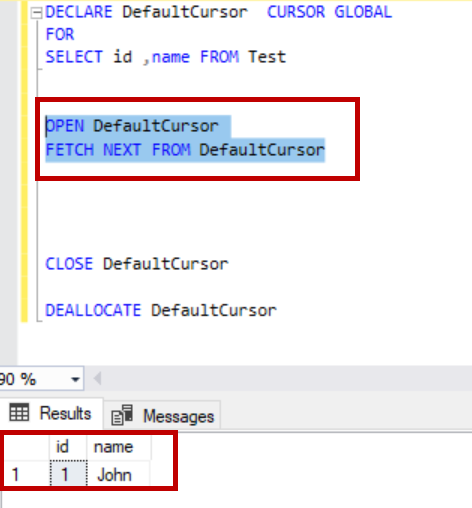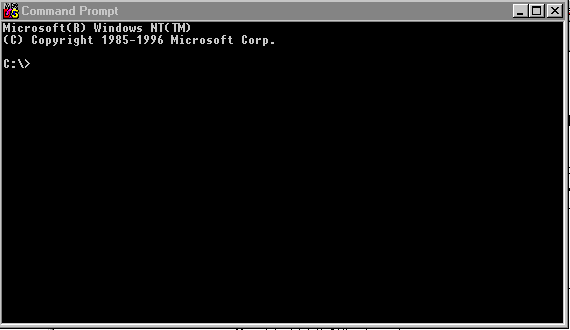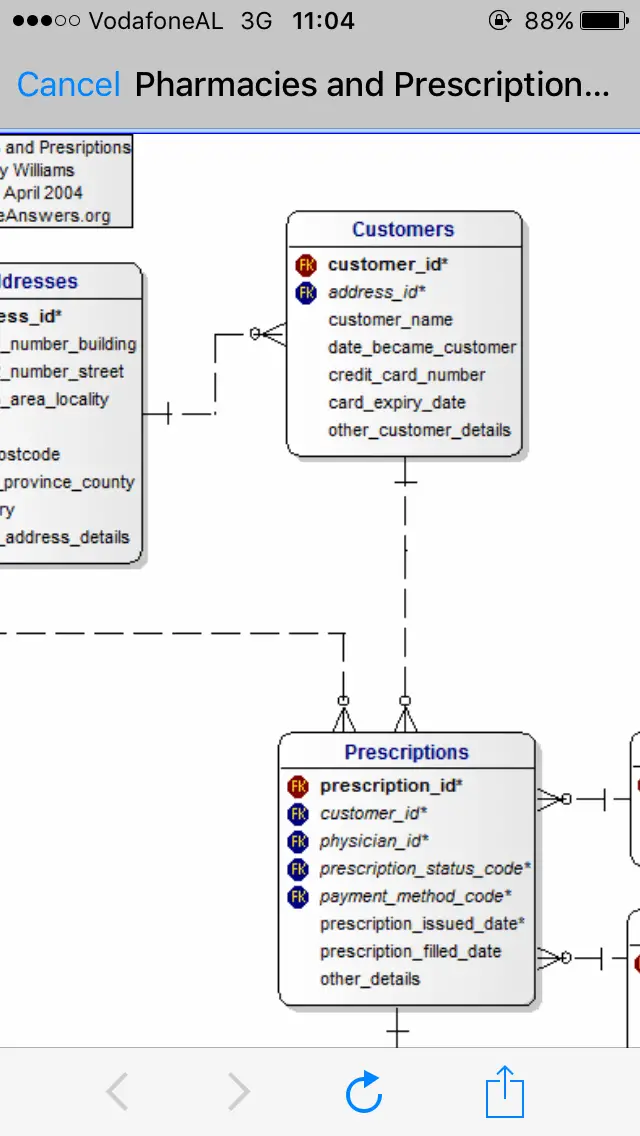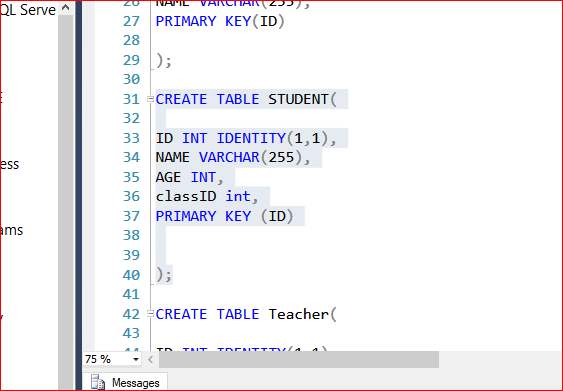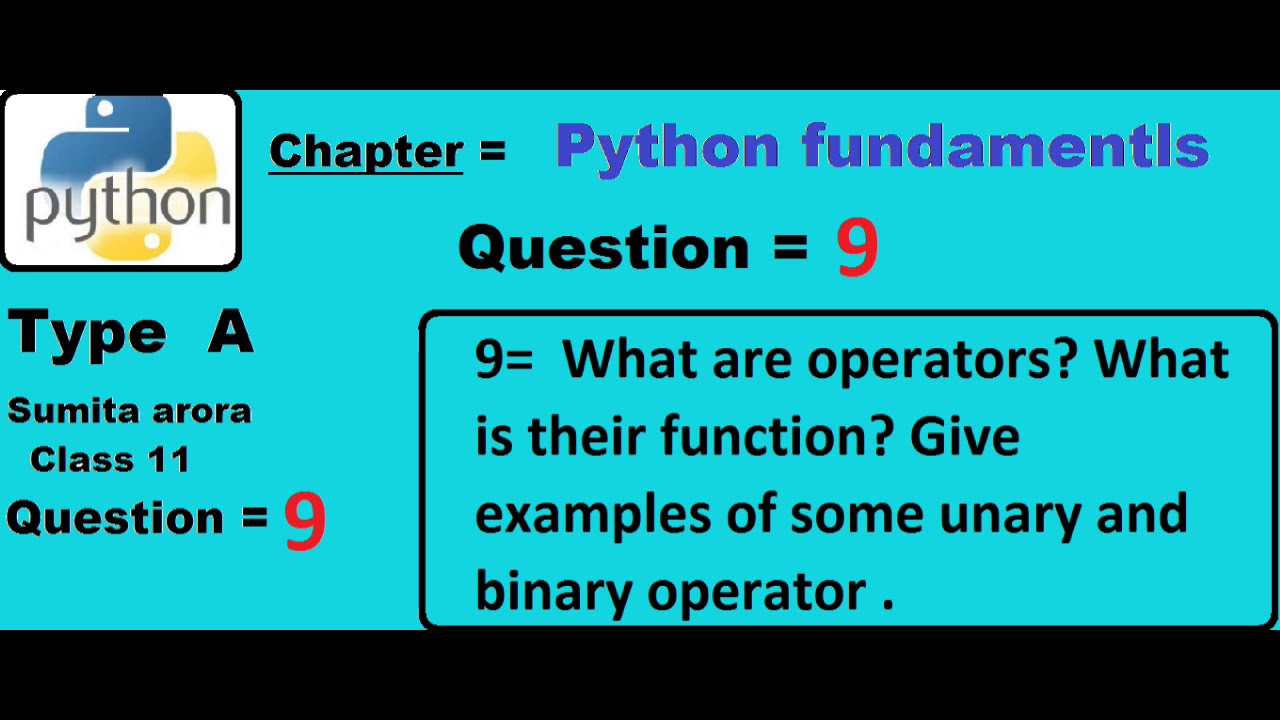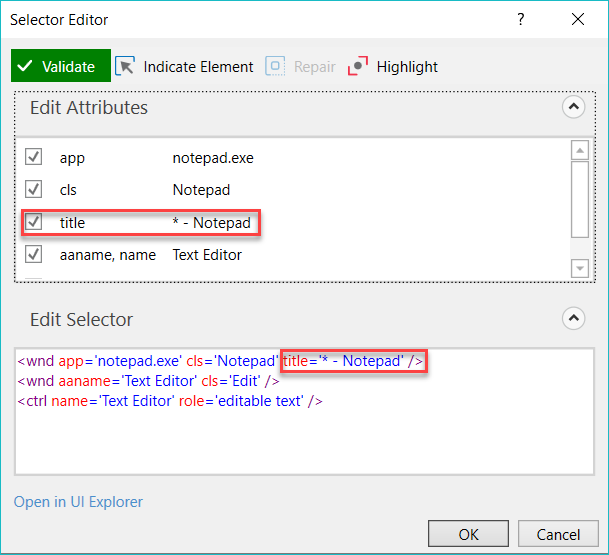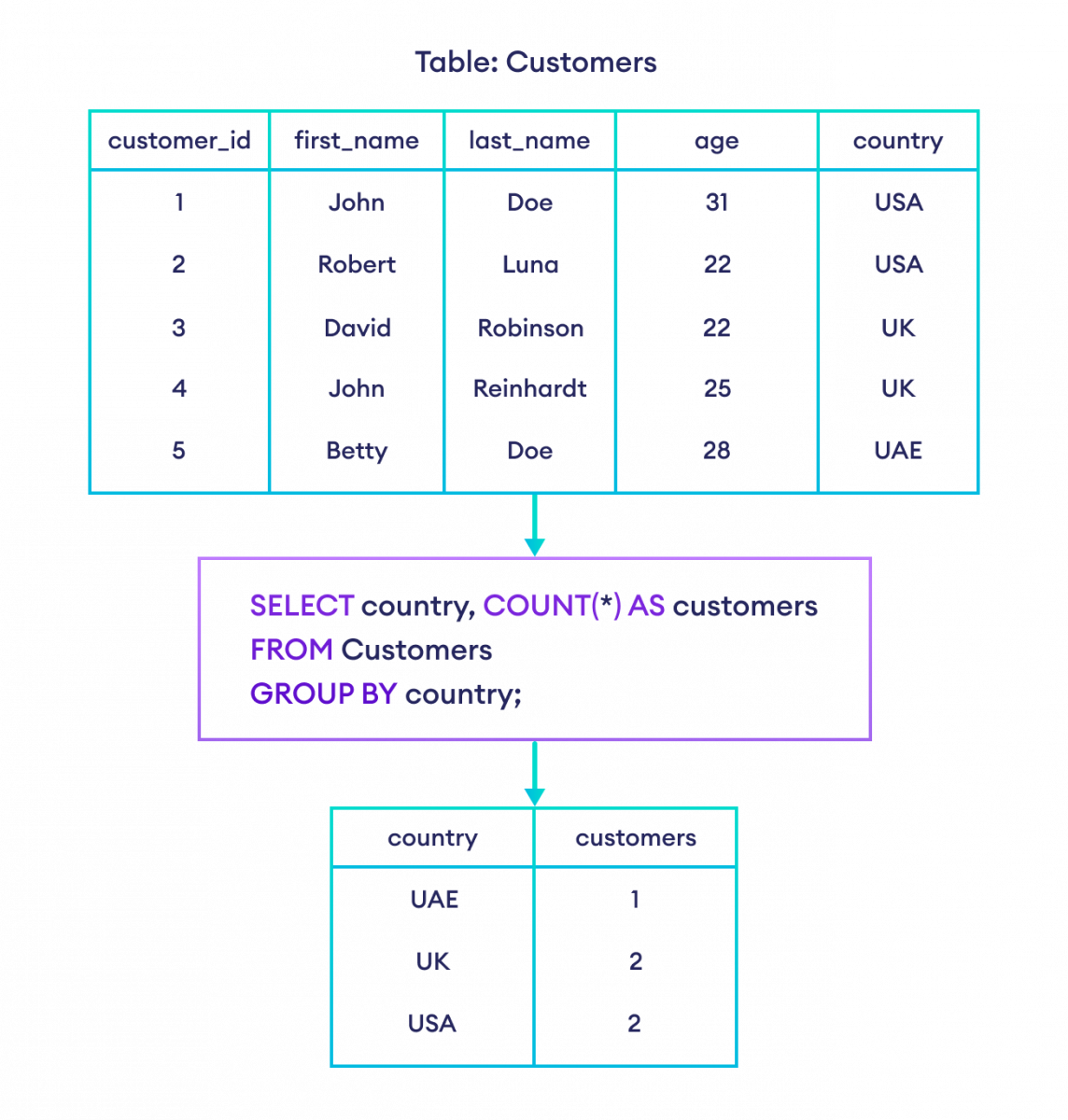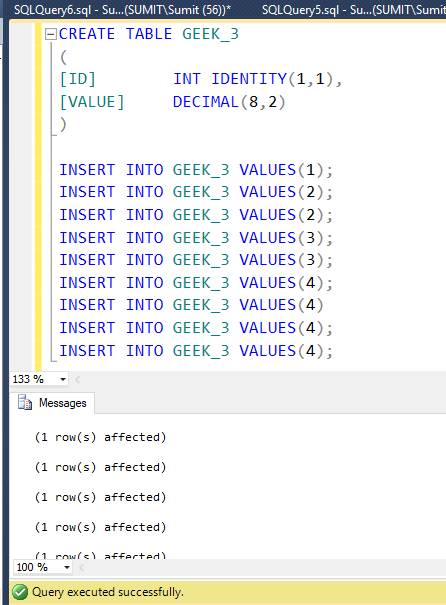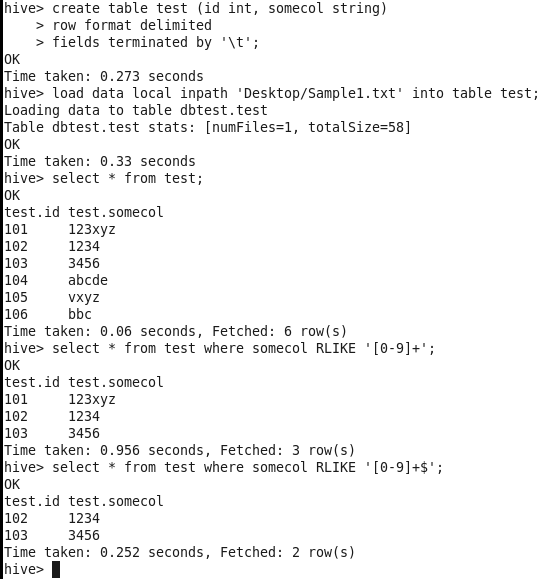Can we do SELECT * from cursor?
Can we use select query within cursor. What exactly are you trying to accomplish? Yes it will work but you will end-up with multiple result-sets. Declare a Table Variable and insert into that table variable and select from the table variable after the loop ends. What does SELECT statement do to a cursor? For example, a SELECT statement returns a …

